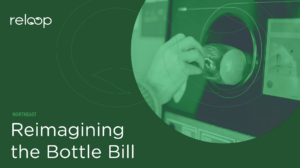
Reimagining the Bottle Bill
Providing stakeholders with data analysis on high-performing deposit system design principles which deliver environmental and cost benefits to individual states and the region as a whole.

Reimagining the Bottle Bill
Providing stakeholders with data analysis on high-performing deposit system design principles which deliver environmental and cost benefits to individual states and the region as a whole.
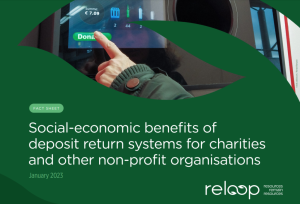
Social-economic benefits of deposit return systems for charities and other non-profit organisations
Short fact sheet going over how deposit return has potential to generate meaningful social-economic outcomes.

Deposit return systems: How they perform
Countries, states, and provinces that have implemented deposit return systems (DRS) consistently achieve higher collection rates for drinks containers than those that rely solely on municipal kerbside collection programmes.
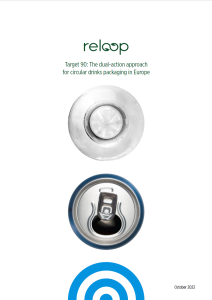
Target 90
Report on drinks packaging explaining how the dual-action approach of a 90% collection target and high levels of closed-loop recycling can deliver critical benefits for the climate, the environment and for business.
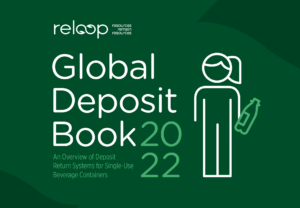
Global Deposit Book 2022
A comprehensive summary of over 50 DRSs that are currently in place – including those scheduled to be implemented by the end of 2022.
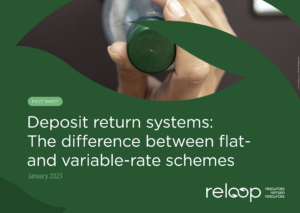
Deposit return systems:The difference between flat-and variable-rate schemes
When it comes to the design of a new DRS, one of the key topics of debate is whether the system should adopt a flat-rate (sometimes called ‘fixed-rate) or variable deposit fee.

How does the deposit system work?
Short video explainer on what you can expect from a deposit return system, or DRS!
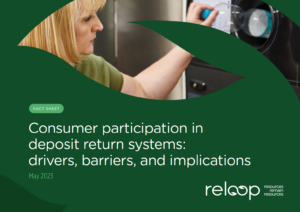
Consumer participation in DRS: Drivers, barriers, and implications
Fact sheet based on a thorough review of available consumer participation data from consumer surveys related to existing DRS.
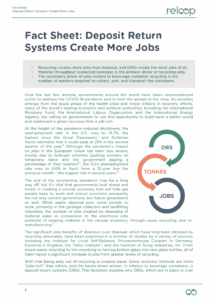
Deposit Return Systems Create More Jobs
The research cited in this document provides a compelling case for increasing beverage container recovery rates through DRS.
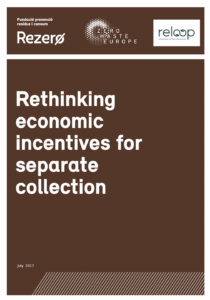
Rethinking Economic Incentives for Separate Collection
A study looking at how the circular economy can be taken to the next level through the extended use of existing economic measures.